In honor of Pride Month, we revisit 2012 Fulbright-mtvU alum Jeff Roy’s five month reflection on his grant to India exploring how members of the LGBTQIA community in India use music and dance to navigate tradition, modernity and globalization, in order to craft a contemporary, urban identity.
Now that we’re about half-way through, I thought we would rewind the past five months and also take a look at some plans for the future. It’s a pretty good time to do this, incidentally, since it’s holiday season in just about every part of the world. Last week, Hindus celebrated one of their most cherished festivals Holi. Like many Hindu religious festivals, “playing Holi” is less of a formal display of faith and more of a street party commemorated through a bombastic display of powdered colors, water, the use of mind-altering substances (which happen to be legal on religious holidays such as this), and dancing. Though not directly related to the LGBTQ movement, the use of paints and colored powders in street-side festivities provides an apt visual for what the festival symbolizes, namely the breaking-down of social norms and acceptability, the celebration of life in various dimensions, and the arrival of spring. I avoided most of the chaos on the streets for fear of my camera getting irreparably damaged.
With ‘Music in Liminal Spaces,’ my intention is to cover a diverse array of music and dance from individuals on both ends of the LGBTQ spectrum to see how, where, and in what forms queer voices manifest in Mumbai. Being one of the largest cities in the world, Mumbai has no shortage of talent. Because of this, I have managed to cover traditional and modern representations of gendered performance, from an Indian classical music mela (‘meeting’, or ‘concert’) held in the garden of a former Maharaja, to a rock concert inside a local club. For the past five months, I was able to produce a number of videos and deliver a successful presentation of these experiences at the Central and South Asia Fulbright Conference in February 2013. Ultimately, these events helped set the stage for the work I intend to pursue until the end of my stay in Mumbai.
 One of my most favorite events was a three day-long mela sponsored by the HIV/AIDS non-profit organization Lakshya Trust (Lakshya means ‘goal’ or ‘aim’) and hosted by Prince Manvendra Singh Gohil, master Indian classical harmonium player and LGBTQ rights activist. He invited thirty amateur and professional musicians and dancers, including myself, to perform at his pink palace in southern Gujarat. The purpose of the concert was to give a platform for young, emerging Indian musicians and dancers to perform alongside more established, grade-A traditional musicians. Manvendra ji is quite the grade-A artist himself, having appeared in several musical concerts with his internationally-renowned guru as well as Oprah (two times) for a special featuring influential LGBTQ icons called “Gay Around the World.” On the show, Manavendra made his coming out story public. (See my video of him here. )
One of my most favorite events was a three day-long mela sponsored by the HIV/AIDS non-profit organization Lakshya Trust (Lakshya means ‘goal’ or ‘aim’) and hosted by Prince Manvendra Singh Gohil, master Indian classical harmonium player and LGBTQ rights activist. He invited thirty amateur and professional musicians and dancers, including myself, to perform at his pink palace in southern Gujarat. The purpose of the concert was to give a platform for young, emerging Indian musicians and dancers to perform alongside more established, grade-A traditional musicians. Manvendra ji is quite the grade-A artist himself, having appeared in several musical concerts with his internationally-renowned guru as well as Oprah (two times) for a special featuring influential LGBTQ icons called “Gay Around the World.” On the show, Manavendra made his coming out story public. (See my video of him here. )
And, speaking of grade-A artists, how could we forget the incomparably talented Alisha Baath. A young vocalist, and former “Mumbaikar” originally from North India, Alisha had the amazing fortune of being selected to appear on the international television production Coke Studio @ MTV for a performance of a beautiful Punjabi traditional/contemporary fusion performance. I was able to cover her performance during a 2012-13 promotional tour for Coke Studio and interview her at her home. (See my video of he here.)
Just about one month before Holi, Mumbai celebrated LGBTQ pride. I covered many of the events held during the two month-long period , including the parade itself, held on February 2nd.
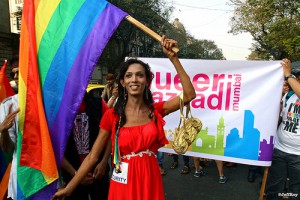 The Queer Azaadi March Flash Mob kicked off the period’s activities with an impromptu (well, not exactly) dance performance in one of Mumbai’s busiest train stations. This is India’s second annual queer flash mob, the first of its kind in Asia. A short film was made of the performance, which was later released on YouTube. Before the official event, I attended a rehearsal and interviewed a number of the group’s members, including Kam Gade, the group’s choreographer. (See my video of Flash Mob here.)
The Queer Azaadi March Flash Mob kicked off the period’s activities with an impromptu (well, not exactly) dance performance in one of Mumbai’s busiest train stations. This is India’s second annual queer flash mob, the first of its kind in Asia. A short film was made of the performance, which was later released on YouTube. Before the official event, I attended a rehearsal and interviewed a number of the group’s members, including Kam Gade, the group’s choreographer. (See my video of Flash Mob here.)
Also part of Mumbai’s pride month activities, “Dirty Talk” provided some incredibly juicy material with their two events: “Dirty Talk 3.0” and “Dirty Talk: A Little Bit.” Hosted by the fearless “free-speechers” “Gaysi”(http://www.gaysifamily.com), the two events were some of the edgiest I had ever seen in Mumbai. I had the fortune of being able to participate in the most recent Dirty Talk, which, incidentally, was covered by major British media outlet for a documentary with media sensation Stephen Fry. (See my video of Dirty Talk here.)
My film project is not only observational, but serves a participatory role with the communities it features. One of my proudest achievements through the project was assisting an emerging rock duo named ‘ZiaRes’ (a combination of two names: ‘Zia’ and ‘Resil’) find their professional footing in Mumbai. In order to create footage for the documentary, I helped arrange their debut concert in Mumbai. Their performance ultimately led to a potential record deal and feature article in TimeOut Mumbai. (See my video of ZiaRes.)
My project has also taken a more participatory role with the Dancing Queens. The Dancing Queens is India’s premier transgender dance contingent formed through a joint initiative between The Humsafar Trust and the Queer Azaadi March organization (Azaadi means ‘freedom’). Since producing my first video about them in November, they have had a great amount of interest develop in international media. Recently, an American photo journalist came to Mumbai in order to feature members of the group in her publication, which I helped to arrange. Additionally, in January, a feature article was published by TimeOut India about the Dancing Queens’ involvement in my film. (See my video of the Dancing Queens.)
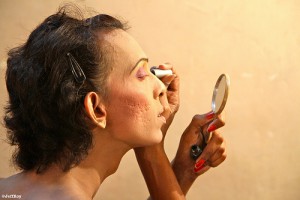 Ultimately, these events helped set the stage for the work I intend to pursue until the end of my stay in Mumbai. My work for the next five months will largely take place within the Hijra community in a deeper exploration of how centuries-old performance traditions and modern-day practices are negotiated within these communities. My contacts like Laxmi Narayan Tripathi (whom you saw in the Dancing Queens video), among others, will show first-hand how lives are lived and celebrated.
Ultimately, these events helped set the stage for the work I intend to pursue until the end of my stay in Mumbai. My work for the next five months will largely take place within the Hijra community in a deeper exploration of how centuries-old performance traditions and modern-day practices are negotiated within these communities. My contacts like Laxmi Narayan Tripathi (whom you saw in the Dancing Queens video), among others, will show first-hand how lives are lived and celebrated.
Thanks to Fulbright-mtvU, ‘Music in Liminal Spaces’ has made incredible progress having played a huge part in the lives of some of Mumbai’s LGBTQ musicians and dancers here. I am extremely grateful for the experiences I have had making this film and look forward to what will come in the next five months!
Are you a U.S. citizen with a project idea investigating how music can be used as a means toward cultural exchange? Check out the Fulbright-mtvU Blog to learn more about this year’s fellows’ projects and our website to learn how to apply.

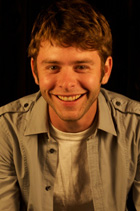
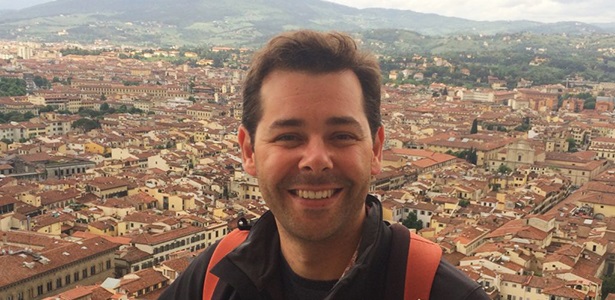
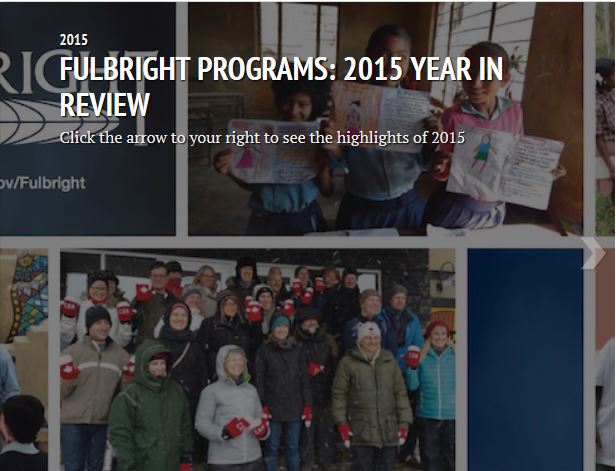
No Comments